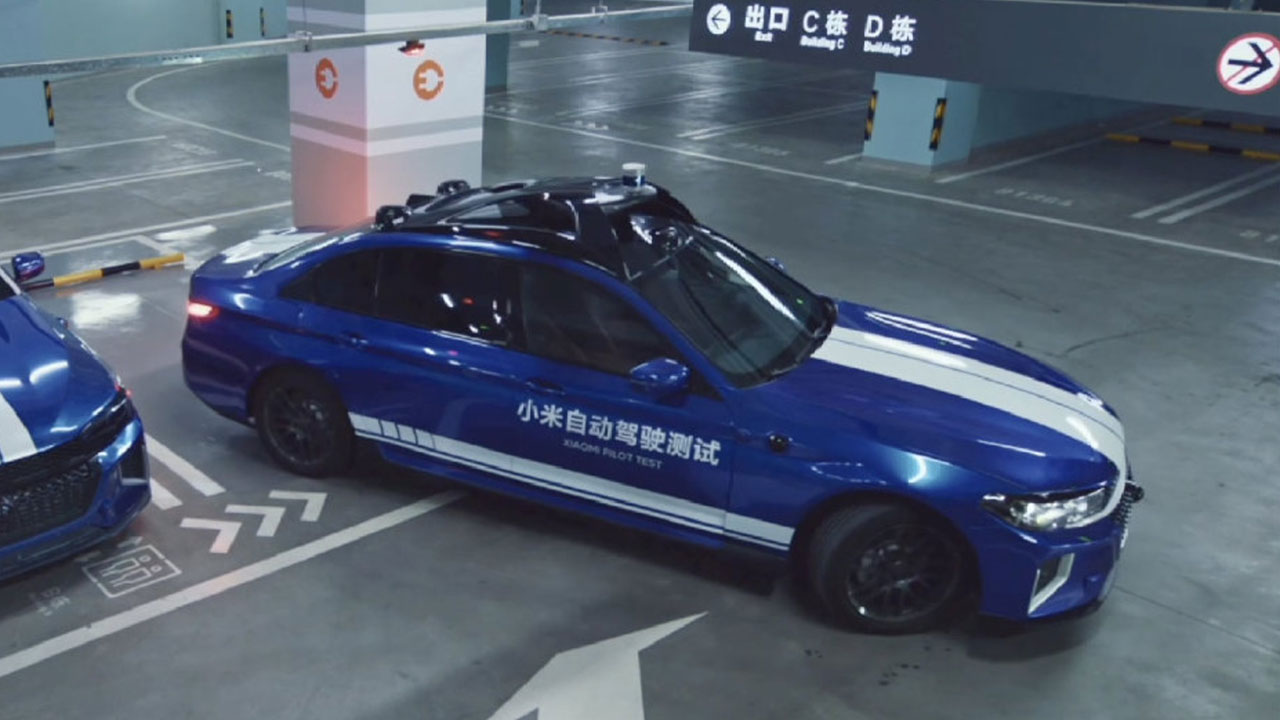Xiaomi CEO Lei Jun said at the event, which was broadcast live, that his company has already brought 140 vehicles with advanced autonomous driving technology to the roads in China. 500 employees are involved in the development of self-driving cars, and the investment in this initiative has reached 3.3 billion yuan ($490 million).
Our Xiaomi Pilot Test vehicle has achieved a safe and smooth driving experience under various conditions. Check out the video below for some of my favorite demos! #LeiJunAnnualSpeech pic.twitter.com/5ngOtkwoWp
— leijun (@leijun) August 11, 2022
Recently, a car was photographed in China with "Xiaomi Self-driving Test" written on it and lidars on the roof to guide the traffic situation. Xiaomi has chosen a third-party car manufacturer to test the autopilot technology, but the company itself is also moving towards becoming not only technological, but also automotive.
Since Xiaomi entered the EV industry 500 days ago, our autonomous driving team has assembled more than 500 members, planned to invest RMB3.3 billion in the first R&D phase, and committed to self-developing full stack algorithms. We aim to become an industry leader in 2024. pic.twitter.com/sRaRJ6t0uk
— leijun (@leijun) August 11, 2022
Xiaomi has officially announced the development of its own electric vehicles in 2021. Earlier this year, the company began building its first car plant in Beijing. At the initial stage, 150,000 cars a year will be produced there, and when the enterprise reaches its design capacity, 300,000 cars a year will roll off the assembly line.
Xiaomi's first mass-produced machine should appear in 2024. The small A+ electric car will be priced between 150,000 and 200,000 yuan ($22,200 to $29,600) and will receive an entry-level driving assistance system. Later, B-class cars will appear with prices ranging from 200,000 to 300,000 yuan ($29,600 to $44,400) with autopilot.

